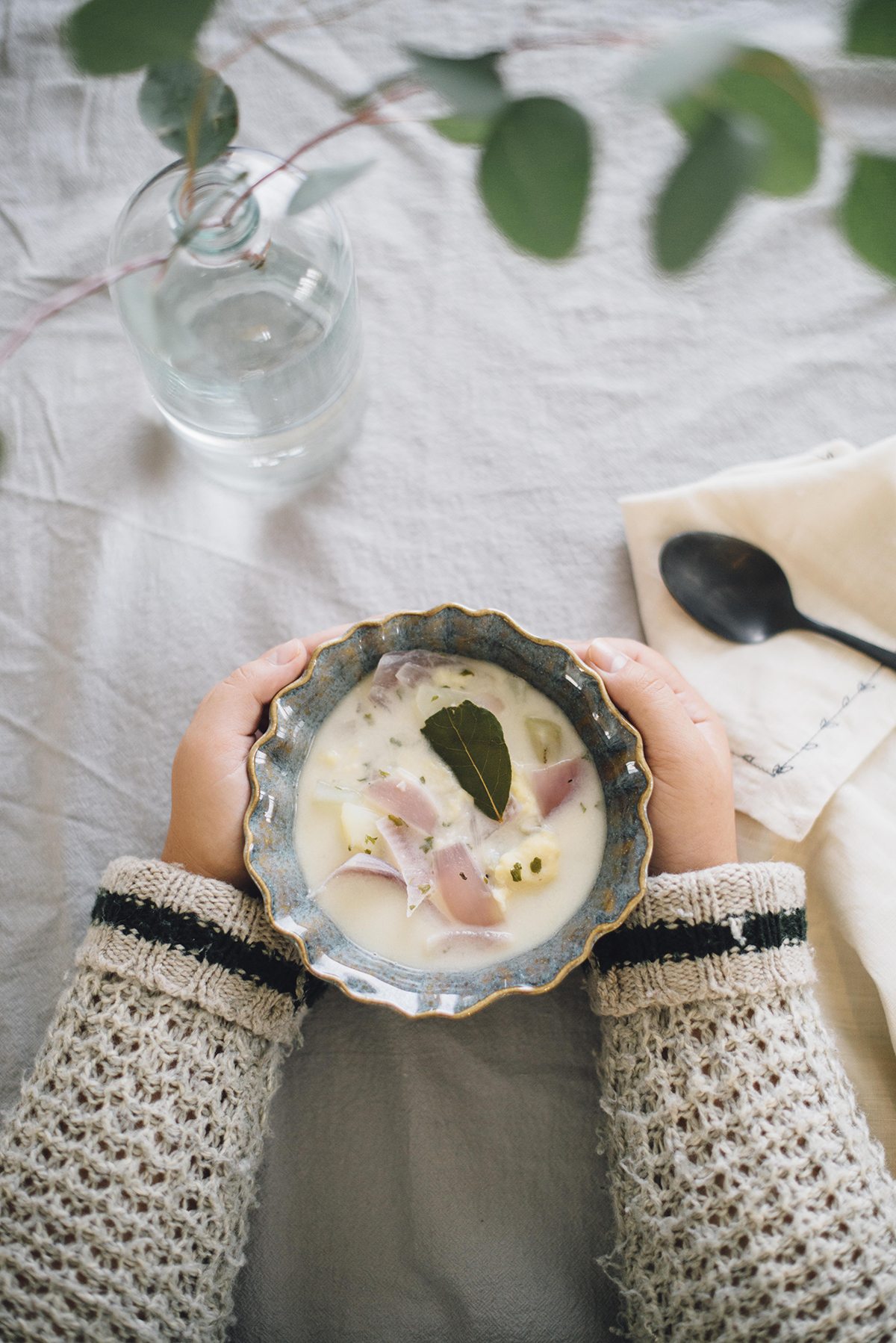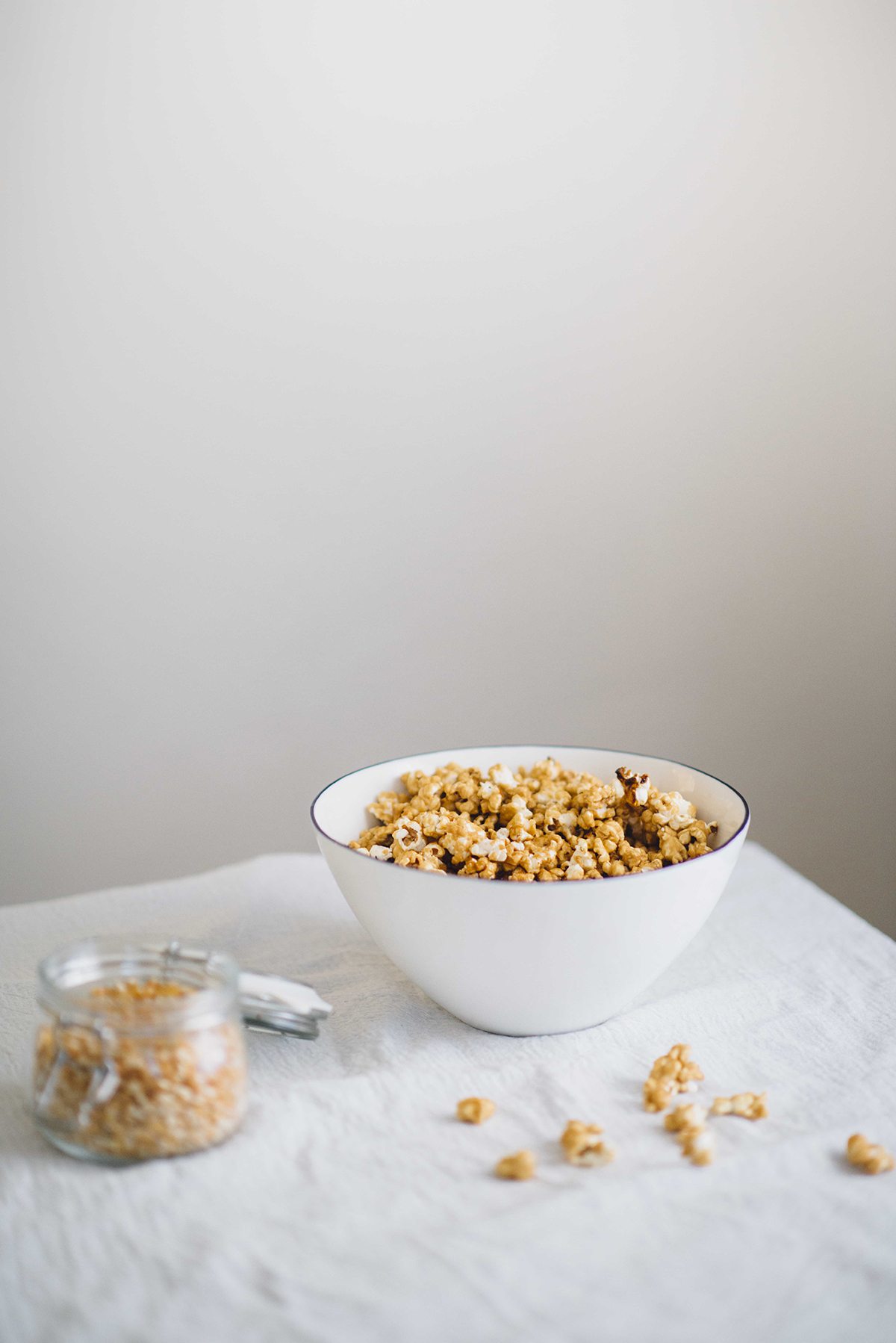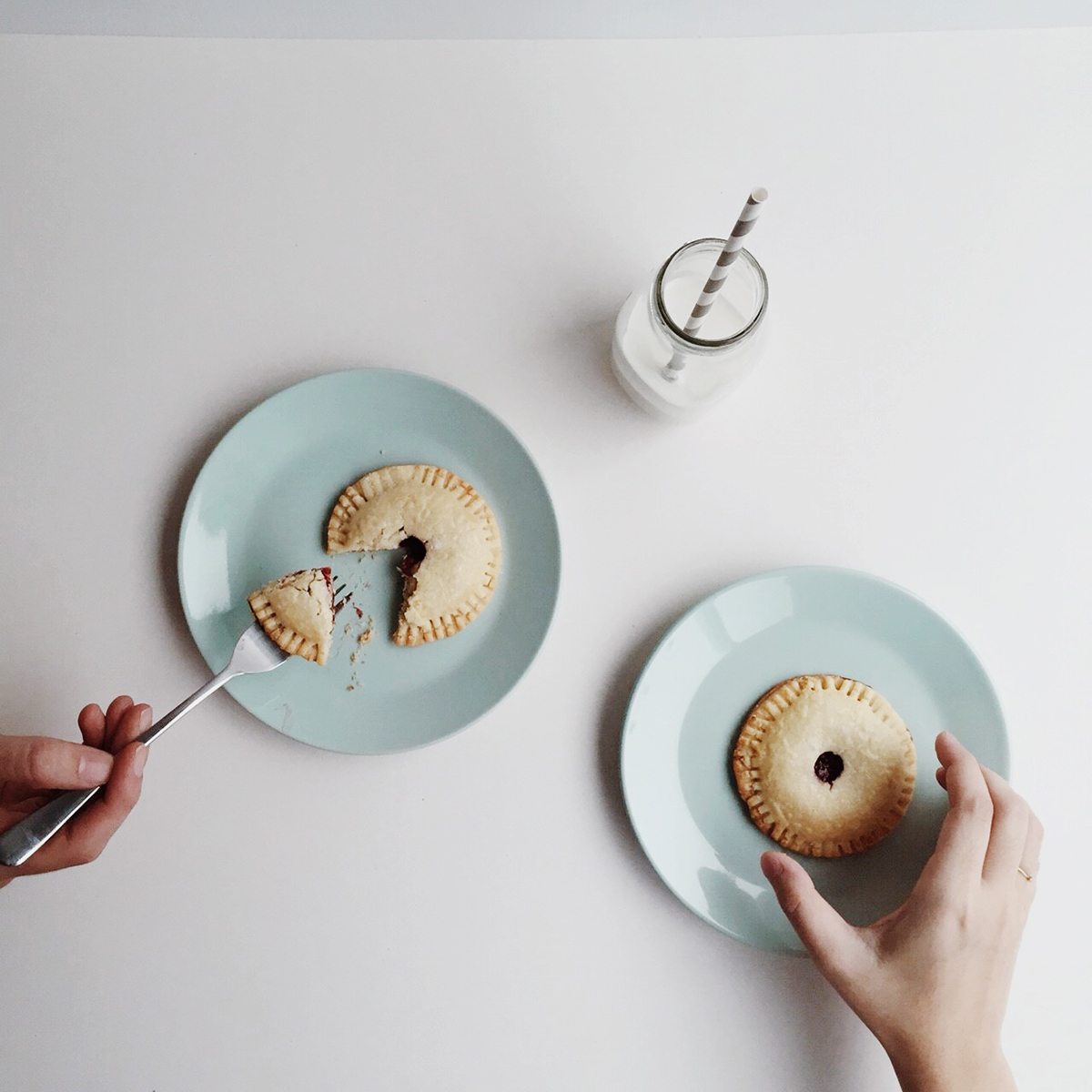In the world of wellness, where picture-perfect smoothie bowls and headstand poses are the norm, pursuing a healthier lifestyle may feel somewhat intimidating. In hopes of improving our diet, we can easily believe that it’s “all or nothing,” harshly judging our eating habits or scolding ourselves for giving into that donut. But ask yourself this: Are you truly engaging in healthful eating if it is accompanied by self-loathing and guilt? Is nutritious food really nourishing you if it’s not bringing you joy?
Most of us are aware that the nutrients in our food fuel the biological processes that are necessary to survive and that eating well promotes positive health outcomes. But claiming that our food choices stem solely from wanting to stay alive just barely skims the surface of why we choose to eat what we eat. We must also delve deeper into the underlying elements that can affect our eating behaviors and our beliefs about food.
While much of the discussion around healthy eating focuses on nutrition, we also need to acknowledge that other factors such as our mood, what food is available to us, our taste preferences, or even our social situations can shape our food choices. Whether it is a means for bringing people together or central to connecting us to our culture, food is embedded in our very identity.

We should make peace with food instead of fearing it. We need to recognize that food is not only fuel, but is a means to nourish the soul. Having a positive relationship with food enables us to make healthier food choices. It frees us from the entanglement of deprivation and recognizes that eating is an act of self-care for both the body and mind. It’s about appreciating food as a source of nourishment and pleasure. In order to eat healthier, we must harness a connection with food that goes deeper than something that “gets us through the day.”
Here’s how to reshape the definition of healthy eating and cultivate a positive relationship with food:
Tap into your inner foodie.
Whether you’re a beginner cook or food connoisseur, I’m a firm believer that healthy eating starts in the kitchen. From flipping through cookbooks for recipe inspiration to picking up fresh mint for your salad, learn to appreciate the smell of vegetables sizzling as you sauté them. Nurture a deeper connection with food by being in more touch with it every step of the way.
Expand your food horizons.
Food can be the gateway to a little more adventure in your life. Channel your wanderlust and learn about foods from different cultures. Experiment with a new recipe or pick up an ingredient you’ve never tried. Try out a new kitchen tool and see what you can make with it. Learn more about the sources of your food and let it inform your food choices. Where did it come from? Was it produced ethically? Unleash wonder and curiosity about what you eat.

Energize with nourishing meals.
There is no denying that good-for-you, nutritious food is at the heart of healthy living. Make sure that you’re regularly eating wholesome meals or snacks (try to avoid the hyper-processed stuff), and fill up your plate with healthy, plant-based foods like dark leafy greens, as well as more plant-based proteins such as beans, nuts, and lentils.
Focus on what you can add to your diet instead of what you should restrict. Keep your diet simple; you don’t need the latest exotic superfoods to follow a healthy diet. Find foods that work with your lifestyle. Remember the humble apple? That will do.
Eat with awareness.
Slow down and let food be the center of your attention. Sit down to eat your meal and delight in the moment. Wherever you are — at work, at a restaurant, or at home — I challenge you to taste your food, and I mean, really taste it. This is mindful eating. Slow down and tune into your senses, appreciating every aspect of your food.
Don’t sweat over the cupcake.
Your food choices don’t determine your worth. It’s not about being perfect and quitting sugar forever. Eating healthy doesn’t have to be “all or nothing” and drastic changes aren’t necessary (unless you have a health condition that requires it).
Feeling guilty or ashamed of what you’ve eaten not only puts you at odds with your food, but with yourself. Give yourself the permission to eat without judgment and truly enjoy what you eat, even the occasional treat. Avoid fixating on numbers (such as calories or weight) and focus on how you feel, such as your energy levels. Be conscious of the language you use to describe your food choices, such as phrases like “cheat days” or describing a food product as “toxic.”

Listen to your body.
Let your hunger and satiety cues guide you. Make sure that you reenergize with food when you are hungry instead of depriving yourself. Give your body what it truly needs – this includes recognizing when you use food as a reward to rid yourself of a negative emotion. Pinpoint the reason for your hunger, whether it is physical or emotional, and devise the best way to address it (the solution might not be food).
Live deliciously.
Treat yourself and enjoy some indulgences without the guilt. Pop open a bottle of wine with your meal every now and then because, why not? Savor the food you eat and, most importantly, nourish yourself with delicious, wholesome meals.
“People who love to eat are always the best people.” – Julia Child
What’s your ideal dinner scenario? Mood, food and company?
Feature Image via Sai Cote












4 comments
What a unique and much needed perspective on food! it is so true- social media makes health seem like all or nothing and very much so intimidating. I’ve had to alter my thinking about health, especially nutrition and fitness post surgery for cancer. I no longer have a thyroid, so my metabolism has been seriously affected as well as my energy levels. Some foods, especially foods with that are bread/gluten heavy make me feel very tired and foggy, which is already a symptom of hypothyroidism. So I try to focus on yummy things I can eat and enjoy, vegetables, fruits, berries, healthy fats (avocado’s, nuts, ) so many sources of protein, and yummy super foods! But I think you are right. Women especially have too much guilt associated with food. Everything in moderation is good. It’s all about balance and what gives you energy, not just carbs, calories, organic, or superfoods, paleo etc. Thank you for this wonderful article!
Hannah
http://www.recovering-hope.blogspot.com
I absolutely love this, I recently realised that I really love cooking not just for the product but for the process and so I’m putting more effort into making food I enjoy not just eating but making
– Natalie
http://www.workovereasy.com
Feeling guilty for what you eat is the WORST! It breeds bad habits and thoughts towards eating. Treat yourself once in a while, it’s okay! 🙂
Charmaine Ng | Architecture & Lifestyle Blog
http://charmainenyw.com
Exactly. Thanks for reading Charmaine!